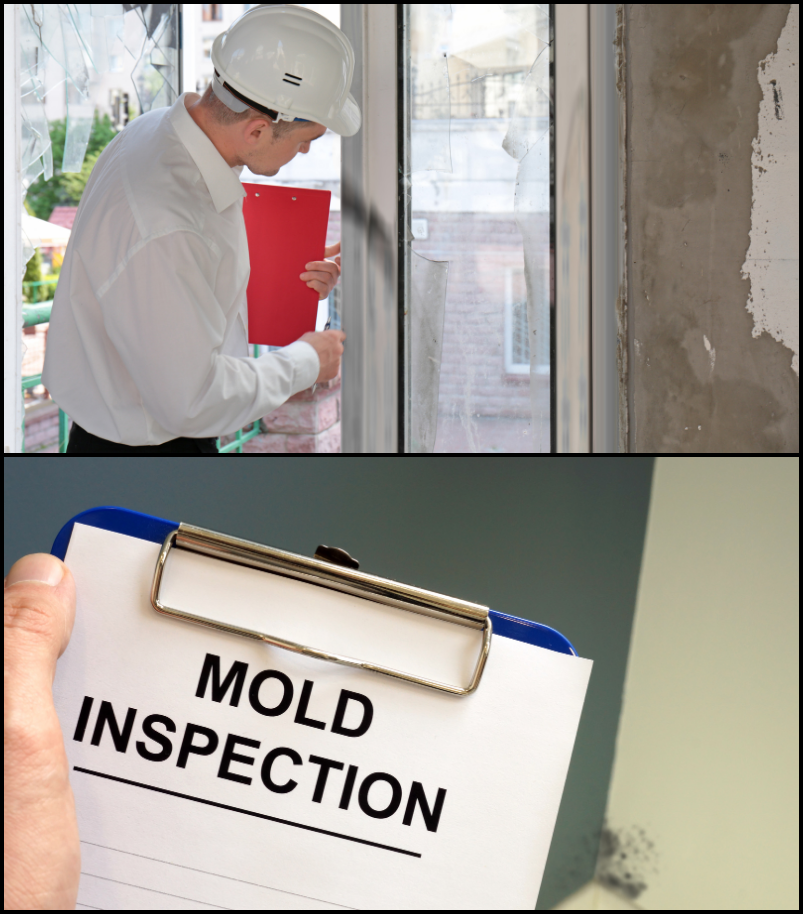Mold Testing in North Bellport


The Importance of Mold Testing On Long Island
Professional Mold Inspection in North Bellport
Residential
Commercial
North Bellport, located in Suffolk County on Long Island’s South Shore, is a residential hamlet that is part of the larger Bellport area. With a population of around 12,000, North Bellport is known for its diverse community, growing residential developments, and proximity to the natural beauty of Long Island’s southern coastline. Its location offers convenient access to major roads such as Sunrise Highway, making it easy for residents to commute to other parts of Long Island or into New York City. The local economy in North Bellport is gradually developing, with small businesses, retail shops, and local services supporting the community. North Bellport is located near larger commercial hubs like Patchogue and Brookhaven, where residents have access to a wider range of shopping, dining, and entertainment options. There are also ongoing efforts to revitalize the area and attract more businesses and investment, which is helping to enhance the local economy and improve infrastructure.
North Bellport experiences the typical Long Island climate, with warm summers and cold winters. It’s close to some of the best outdoor recreational areas on Long Island, particularly Bellport Bay and the nearby Fire Island National Seashore. Residents can enjoy boating, fishing, and beach activities during the summer months, with several nearby marinas and access to the Great South Bay. North Bellport also benefits from its proximity to Patchogue Village, which offers a vibrant cultural scene with theaters, restaurants, and festivals throughout the year. The hamlet is served by the South Country Central School District, which provides education to students from kindergarten through high school. Schools in the district are actively involved in the community, and there are efforts to continuously improve educational outcomes and expand extracurricular opportunities for students.
Our Mold Testing Services in North Bellport
Our testing and inspection process includes the following steps:
Visual Mold Inspection:
Identifying any visible signs of mold growth.
Air Quality Testing:
Detecting mold spores in the air to assess indoor air quality.
Surface Testing:
Collecting samples from surfaces to confirm mold presence.
Moisture Mapping:
Pinpointing areas of potential water damage that may lead to mold growth.
Why Choose Long Island Mold Testing
Certified and Experienced
Local Experts
Fast & Reliable Service
Health-Focused Approach
FAQs
1. What is mold testing?
Mold testing involves inspecting a property for the presence of mold by collecting air or surface samples and analyzing them in a laboratory to determine if harmful mold is present and at what levels.
2. Why is mold testing important?
Mold testing helps identify hidden mold growth that can cause health issues, property damage, and decreased indoor air quality. It allows homeowners to take prompt action to remove mold and prevent further problems.
3. How do I know if I need mold testing?
If you notice visible mold, experience a musty odor, or suspect water damage (e.g., from flooding or leaks), mold testing is recommended. It’s also a good idea after purchasing a home, following major storms, or if household members experience unexplained health issues.
4. What types of mold are commonly found in homes?
Some common molds found in homes include Stachybotrys (black mold), Penicillium, Aspergillus, and Cladosporium. Testing can determine the specific types of mold present and assess the risks they may pose.
5. How is mold testing performed?
Mold testing typically involves collecting samples from the air, surfaces, or materials in your home. These samples are then analyzed in a lab to identify the types of mold present and their concentrations.
6. How long does mold testing take?
The actual testing process usually takes a few hours, but receiving lab results can take anywhere from 24 hours to a few days, depending on the type of testing and the laboratory used.
7. How much does mold testing cost?
The cost of mold testing varies depending on the size of the property, the extent of testing required, and the types of tests performed. Prices typically range from $300 to $600, but more comprehensive testing can cost more.
8. What should I do if mold is detected in my home?
If mold is found, you should contact a professional mold remediation company to safely remove it. It’s important to address the underlying cause of the mold (such as water leaks or high humidity) to prevent future growth.
9. Can I test for mold myself?
There are DIY mold testing kits available, but they may not be as reliable as professional testing. Professional mold inspectors are trained to locate hidden mold and provide more accurate assessments of the extent of the issue.
10. How can I prevent mold growth in my home?
To prevent mold growth, control indoor humidity levels, repair leaks promptly, ensure proper ventilation (especially in bathrooms and kitchens), and clean and dry areas affected by water damage as soon as possible.
11. Is all mold dangerous?
Not all mold is harmful, but certain types of mold can cause health issues, especially for individuals with allergies, asthma, or weakened immune systems. Professional testing can help determine if the mold in your home poses a risk.
12. How often should mold testing be done?
Mold testing should be done after water damage, if mold is visibly present, when moving into a new home, or if you notice unexplained health symptoms. Otherwise, periodic testing every few years can ensure your indoor air quality remains safe.